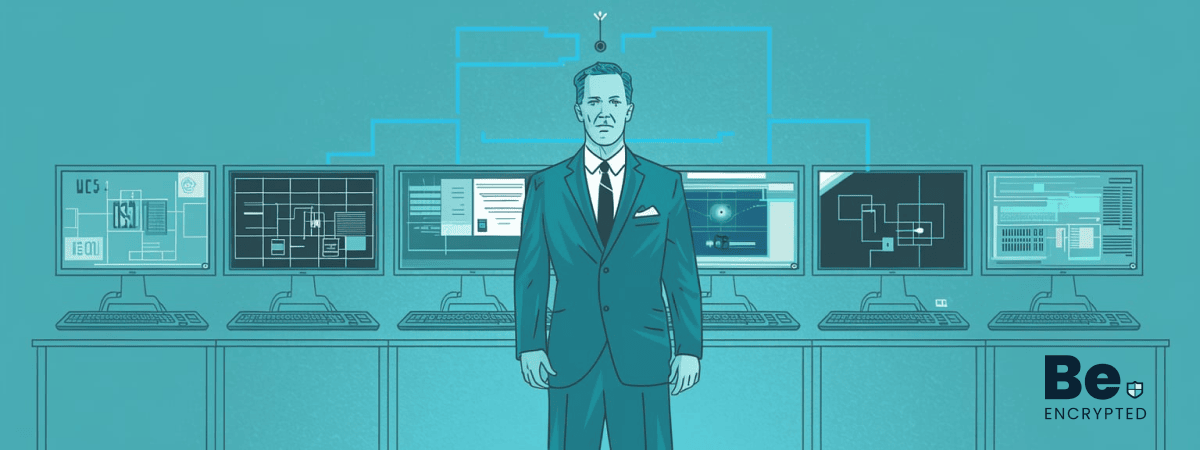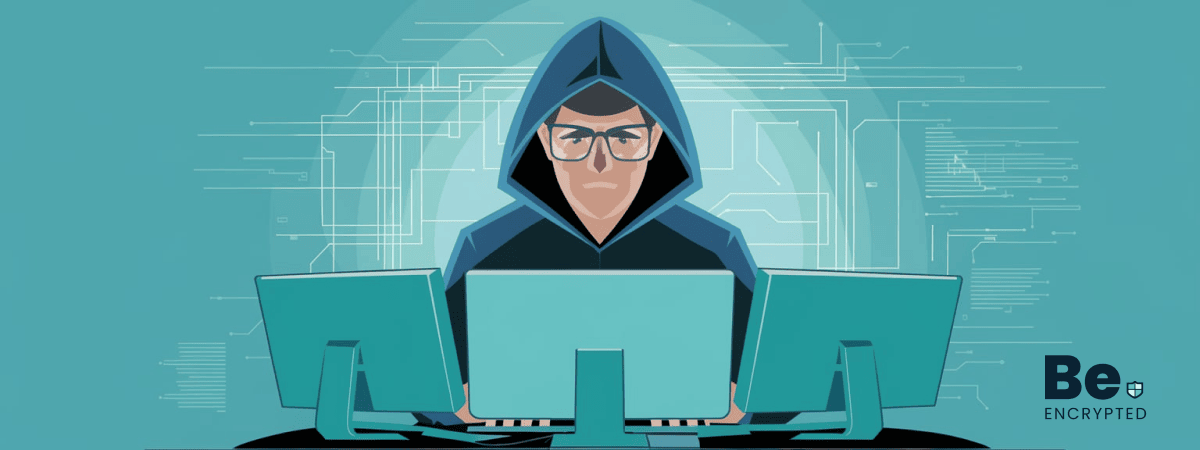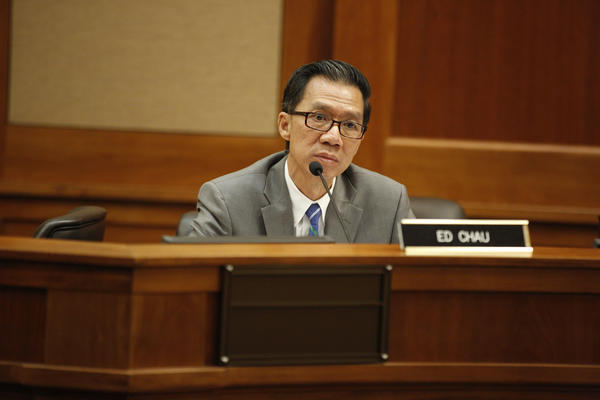Over the past few months, we have witnessed the impacts of the anti-privacy bill signed into law by President Trump. According to this law, the ISPs were empowered not just to monitor us but also to sell our information with liberty. But recently, an Assembly Democrat is working its fingers to the bones in order to resurrect the privacy regulations that limited broadband providers from using customer data.
On Monday, Assemblyman Ed Chau revealed a measure that would ordain the stumbled federal regulations into California state law. According to this bill, the Internet service providers like Comcast, AT&T, and Verizon would require permission from their customers before use of their information. This permission would grant the ISPs to use, sell or permit access to data related to their browsing history.
These restrictions were laid down by the FCC – Federal Communications Commission, under the administration of Obama. However, before these rules went into effect they were brutally crumbled by Trumps’s anti-privacy bill. The repeal of the FCC rules was approved by the Congress and signed over by President Trump.
At a news conference, Ed Chau stated, “Congress and the administration went against the will of the vast majority of Americans when they revoked the FCC rules.” Furthermore, by adding his measure, AB 375, he said, “California is going to restore what Washington stripped away.”
The aftermath of actions implemented by the anti-privacy bill has instigated California to rise against this bill. California is the 20th state that would introduce a bill to reinforce the privacy rules. Supporters of this bill know quite well that they will have to encounter severe antagonism from ISPs. They also acknowledged that a possible challenge may also rise that will question the integrity of these state-level regulations with the federal law.
The legislative counsel for EFF, Ernesto Falcon said that he was confident that the proposed bill would not be confiscated by federal law. This is because, traditionally, communications law has allowed a distribution of responsibilities between the federal government and the state.
A cluster of consumer groups and privacy advocates were seen boosting the bill at a Capitol news conference, including Ed Chau.
The legislative coordinator for the American Civil Liberties Union of California, Becca Cramer stated, “AB 375 means that no Californian will be forced to pay for access to the Internet with their money and their privacy rights.”
Share this article
About the Author
Rutaba Rais is Editor at Be Encrypted with focus on Technology and Internet Security. Apart from her Healthcare background, she has interests in Lifestyle, Journalism, and expressing her opinion by her writing. You can follow her on Twitter.
More from Rutaba RaisRelated Posts

Passengers’ Data Stored on User Devices, not on DigiYatra Storage, says India Govt
KEY TAKEAWAYS Unblocking streaming content from Amazon Prime is easy only if you know the reliable V...

NCSC Chief: Clear Rules Needed to Prevent Cyberspace Conflict and Struggle
A safe and secure digital world necessitates a clear definition and enforcement of international cyb...

‘Revive’ has been upgraded to a banking Trojan on Android
This month, Cleafy’s security researchers discovered a new Android Banking Trojan in the wild....

Asian Industrial Control Systems Targeted by Hackers Using the Shadowpad Backdoor
Unpatched Microsoft Exchange servers in various Asian countries were the target of an attack campaig...
Data Breaches Could Occur Due to Kubernetes Misconfigurations That Were Leaked.
Over 900,000 Kubernetes (K8s) have been discovered to be vulnerable to malicious scans and/or data-e...

Attacks by Cybercriminals Will Become the Main Threat in 2024. Privacy Issues Tendencies
Internet Privacy is the main Concern today Advertisers track your online activities and interf...


